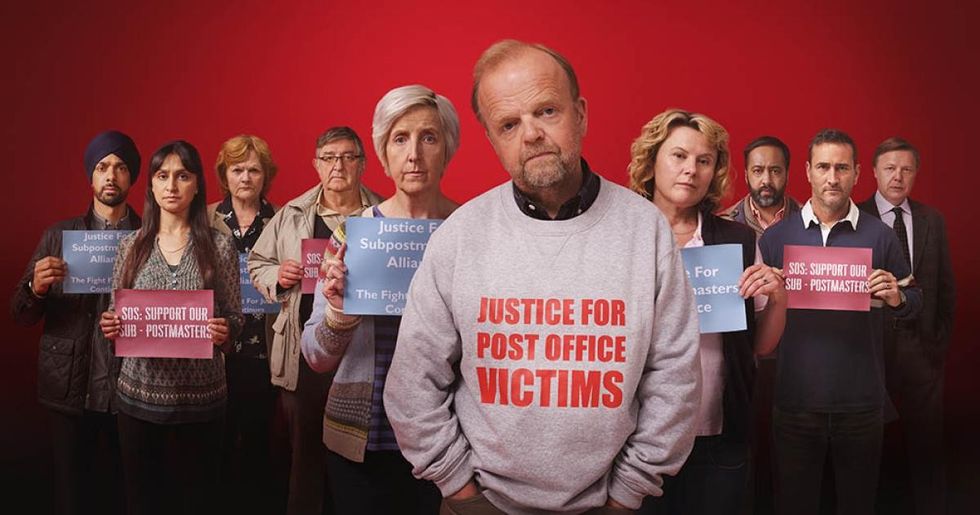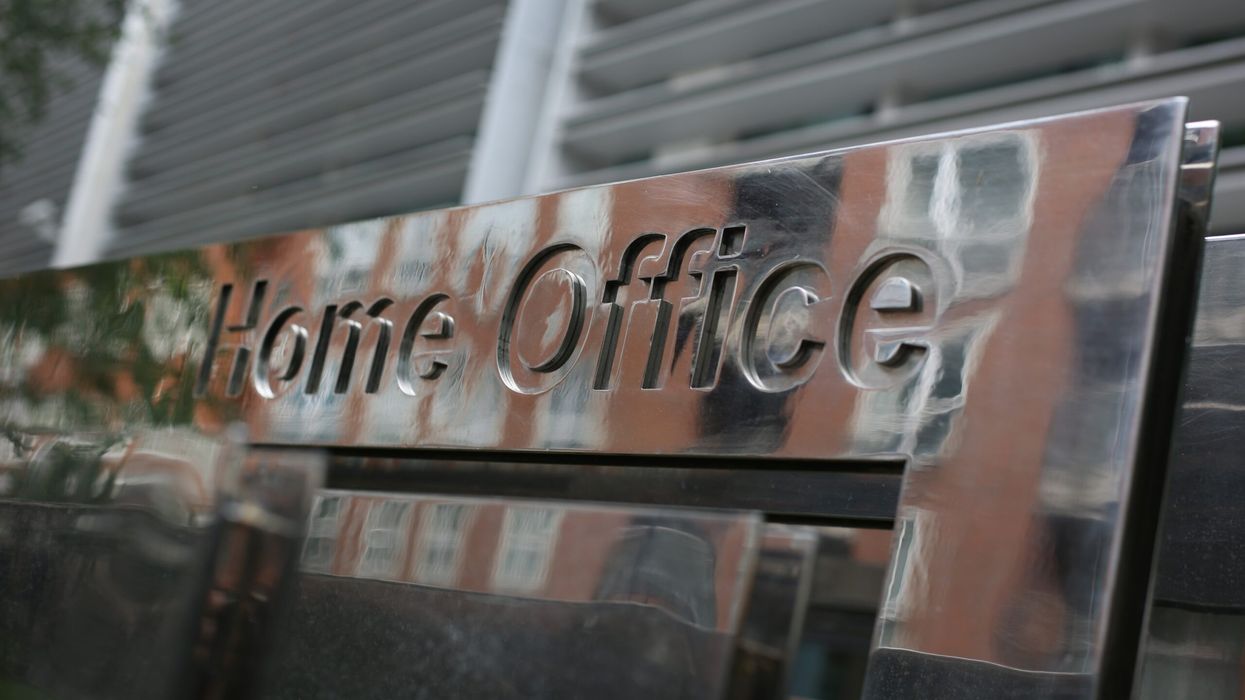Inspired by the success of the TV drama "Mr Bates vs the Post Office," a group of international students, unjustly accused of cheating by the Home Office, are creating a television drama pitch to shine a spotlight on their prolonged struggle for justice, mirroring a similar unresolved issue and scandal that has escaped the public's and politicians' attention for nearly a decade.
This initiative represents their final effort to garner widespread awareness about their plight, which ensued following the Home Office's decision to revoke approximately 35,000 visas over alleged cheating.
At the heart of their campaign is Nazek Ramadan, the director of a charity Migrant Voice, who has been at the forefront of advocating for these students since 2017, The Guardian reported.
Ramadan has initiated writing workshops for the students, offering them a platform to share their harrowing experiences in the hopes of eliciting empathy and support from the public.
The group draws inspiration from the success of dramatising the Post Office scandal, hoping to reveal the profound injustices they have endured.
Ramadan's encounter with the affected students began in 2017, leading to a revelation of the impact the cheating allegations had on their lives.

The stigma of being labelled cheaters led to social ostracisation, family disowning them, and shattered dreams, despite many of the accused having no reason to commit fraud.
The partnership between Migrant Voice and legal experts has yielded positive results, leading to more than 3,700 students overturning the allegations through successful appeals.
However, the fight for justice continues, with the hope that dramatising their stories will not only bring their struggle to light but also underscore the systemic flaws within the Home Office's handling of the English language test scandal.
Navjot Kaur, a 33-year-old student from Amritsar, India, is among those eager to transform their personal ordeal into a compelling drama.
Kaur's aspirations of a career in tourism management, and later as an air hostess, were derailed by the baseless allegations, illustrating the profound impact of the scandal on individual lives.
The TV drama of "Mr Bates vs the Post Office," which highlighted the miscarriages of justice due to faulty accounting software, serves as a blueprint for the students.
By paralleling their experiences with this well-documented case, they aim to capture the attention of drama commissioners and the wider public, making a compelling case for the urgent redressal of their grievances and the broader implications of such miscarriages of justice.




